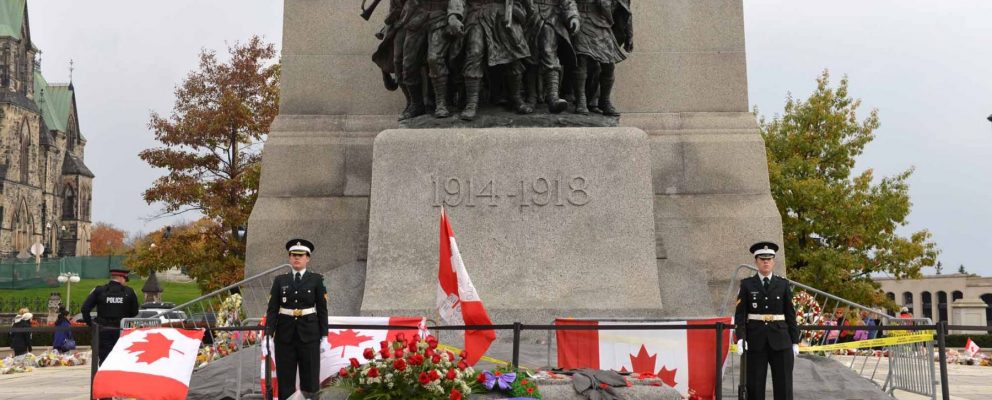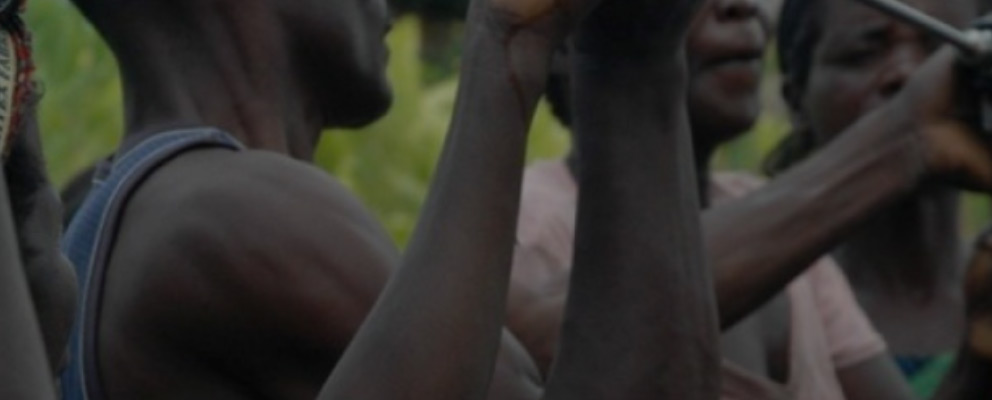
Lest we forget
Amid the worst contexts, humanity is capable of the best.
I was there only in spirit, standing beside my parents, who had traveled all the way there. We were there to honour the memory of my great-grandfather, Ernest, who died in that small town, at the border of France and Germany, exactly 100 years ago.
My grandfather shared his father’s story with such emotion. My father shared his grandfather’s story with such emotion. I will tell the same story to my children, with the same emotion.
Ernest was in the french army. He fought in the first days of war, and was wounded in Riedisheim. He sought refuge and was cared for by a German family. A few days of care later, he died of his wounds. The entire war was still to unfold. For that German family, there was no way to report his death.
More than 70 years after the end of the first world war, my family found traces of Ernest’s story. His name was discovered on a monument to the Unknown Solider, in Riedisheim. My family learned then, that the account of his last days had been kept preciously by his German hosts, and passed down two generations, such that my grandfather, who himself went through the second world war, and my father, and me, and my children, would finally know what had happened in 1914.
It makes me hopeful to see two families, one French, one German, connected through history. It makes me hopeful to know that respect and dignity transcended a great war, and then a second one. The story touched me as a kid and still does today.
I cared to share it with you because I believe it is still very relevant, 100 years later.
In my reading about the two great wars, I have been most marked by Hannah Arendt. In Jerusalem after the second world war, she wrote about the banality of evil. She was reporting for the New Yorker, during Eichmann’s trial. She wrote:
The trouble with Eichmann was precisely that so many were like him, and that the many were neither perverted nor sadistic, that they were, and still are, terribly and terrifyingly normal. From the viewpoint of our legal institutions and of our moral standards of judgment, this normality was much more terrifying than all the atrocities put together.
She was writing at a time when the perpetrators of WWII’s holocaust were being sentenced to death. She was criticized by many, for not pointing fingers and denouncing evil. She claimed that blaming the few was too easy. It allowed the many to turn away from asking tougher questions of humanity. She stood with the fact that that the enemy is within us. She contended that Eichmann’s crime, was to not-think – that is, to follow orders, and fail to connect with principles of human dignity first when acting. She contended that those who take the easy path and follow norms and orders mindlessly become the perpetrators of crimes against humanity. She reminded us that Eichmann was a simple man, and that everyone is capable of what he did.
Engineers are perfect candidates for not-thinking. We are told: we solve problems given the parameters that have been handed to us. Eichmann, in a way, engineered the holocaust.
Our responsibility as citizens and as engineers is to do more than that. It is to stay grounded in principles of dignity for all, first and foremost and to constantly question, rather than follow.
With persistent extreme poverty and exclusion, with the mounting pressures on climate, with the renewed conflicts in eastern Europe, with the rise of extremism in failed states around the world, it is important to ask ourselves in what ways we are not-thinking today.
We won’t defeat poverty and hunger with battalions of tanks and grenades. The rising tide of climate change won’t be stopped by a Ligne Maginot. Extremism won’t be tamed, and failed states rebuilt, by digging trenches.
That’s why I’m most proud of the work we do together at Engineers Without Borders. We help each other become global engineers: people who act from a place of principle, yet seek pragmatic solutions. People who learn to gain perspective, and constantly remind ourselves to think about the consequences of our actions.
The story of my great-grandfather reminds me that amid the worst contexts, humanity is capable of the best. This gives me hope and energy to continue supporting and investing in the next generation of innovators, that will build peace amid the challenges we have created for them.
